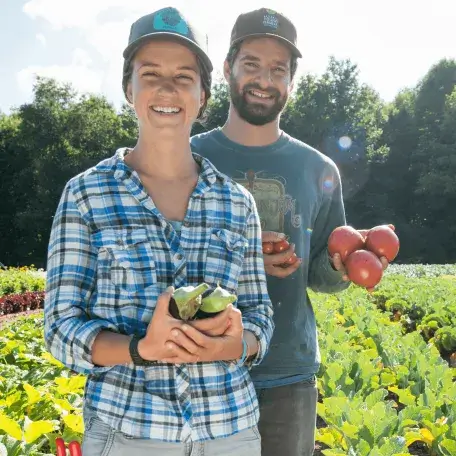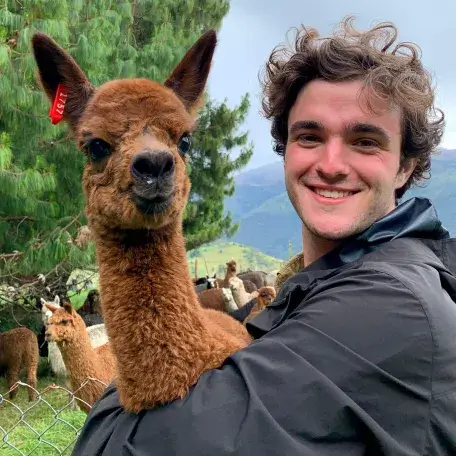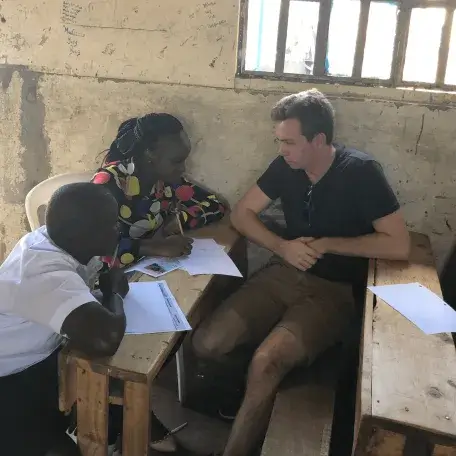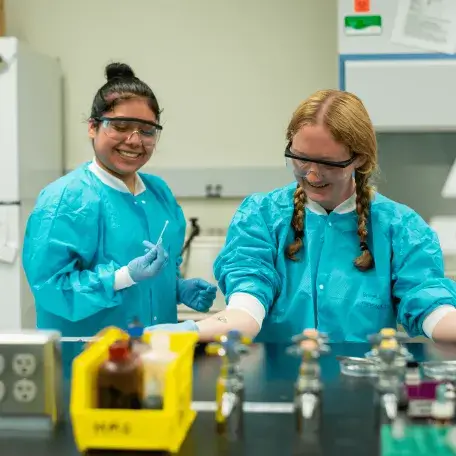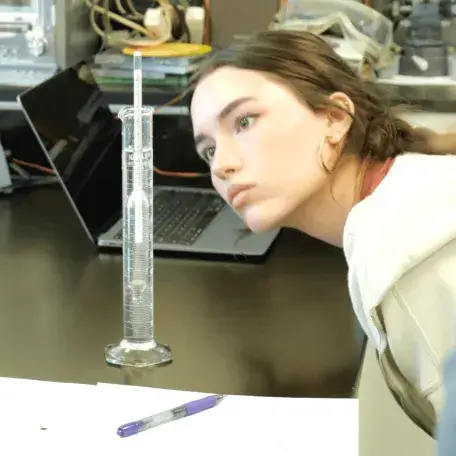The College of Agriculture and Life Sciences offers a diverse selection of undergraduate majors and graduate programs that cover broad fields of inquiry. We study and improve life, from cells to society.
From basic science, to applied science, to linking the applied to social science, our programs cover an exciting array of contemporary topics in both agriculture and the life sciences. Whether you want to grow things or create change CALS has a program that will meet your needs within our six undergraduate departments, two programs that are shared with other UVM colleges, as well as our self-designed program option.
